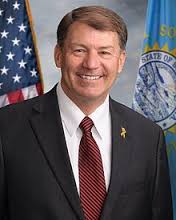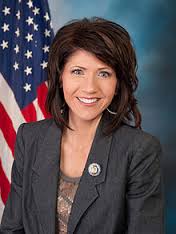
South Dakota’s gas price average of $2.23 is the highest it’s been since Nov. 4, AAA reports. Today’s mark of $2.23 per gallon is 28 cents above the price recorded one year ago.
“Heading into 2017, gasoline demand is expected to drop drastically after a record-busting year-end holiday travel season. Pump prices will respond likewise as demand declines,” said Marilyn Buskohl, spokeswoman for AAA South Dakota.
Nationwide, retail averages have increased 28 of the past 31 days and prices have moved higher by fractions of a penny since Friday. The national average for regular gasoline currently sits at $2.29 per gallon, which is four cents more than one week ago, 16 cents more than one month ago and 29 cents more year-over-year.
AAA estimates U.S. drivers have saved about $27 billion at the pump so far this year compared to the same period last year. Today’s national average price for a gallon of gasoline is 29 cents more than the average price on New Year’s Day in 2016 ($2.00). Most U.S. drivers are expected to pay the second-cheapest New Year’s Day gas prices since 2009, when the national average was $1.62.
To start off the new year, all eyes will be on OPEC to see if they, along with partnering countries, will stick to their 6-month promise to cut 1.8-million b/d of crude per day. The Oil Price Information Service projects that member compliance will likely be around about 70 percent, with expectations that Saudi Arabia, Kuwait, the United Arab Emirates and other Arab Gulf countries will stick to the deal while Libya and Nigeria could potentially increase their production output if conflict in both countries continues.
Over the past five years, the average domestic drop in demand during January has been 358,000 barrels per day or about 15-million gallons, according to OPIS. The oil information service estimates a larger dip this year.


